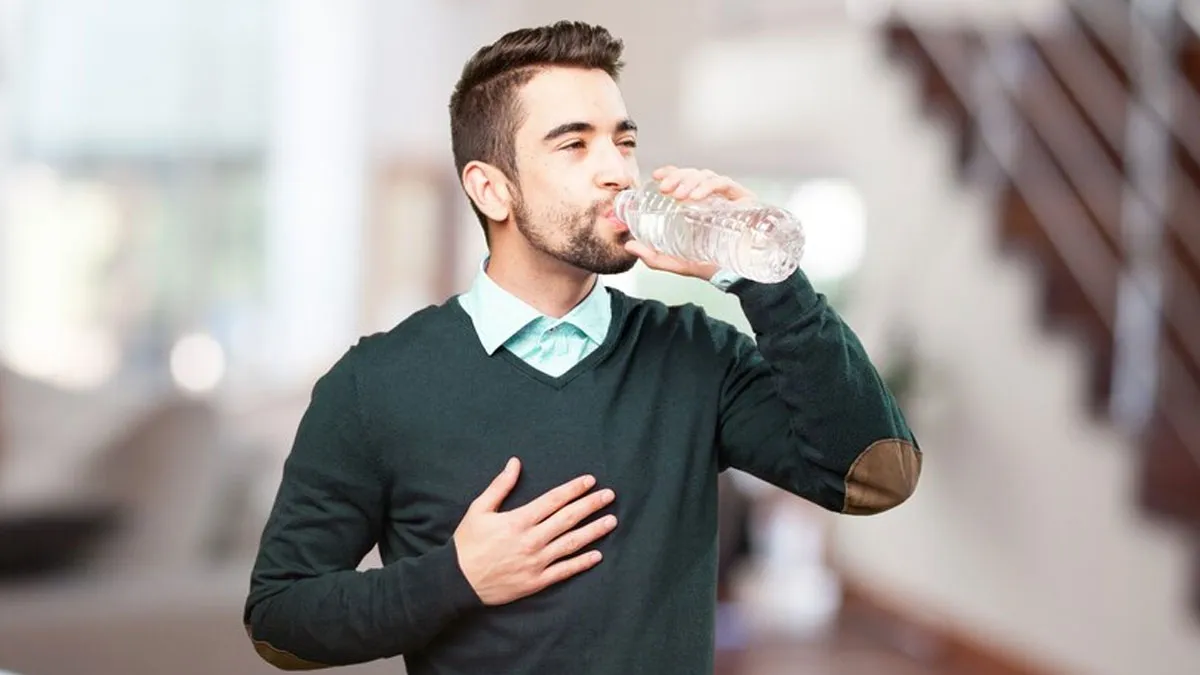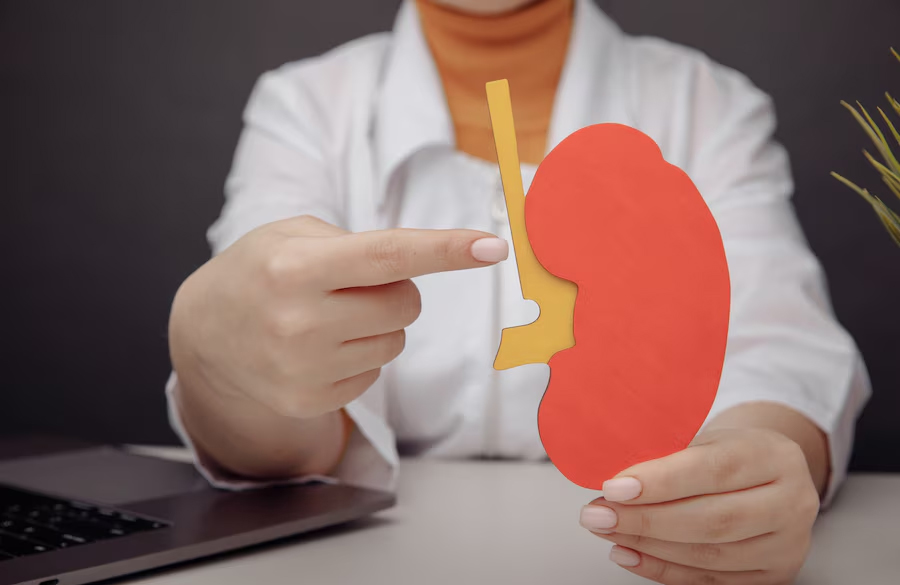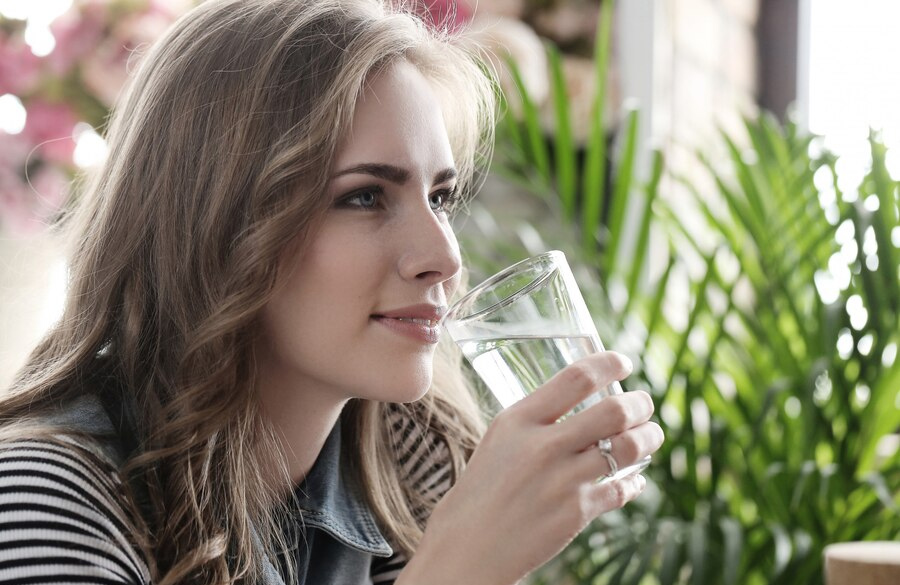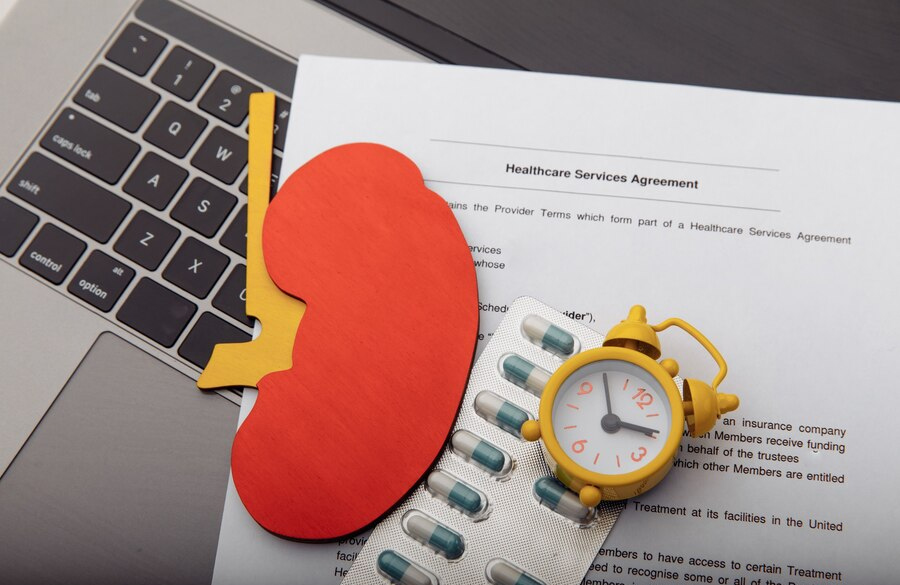
Kidney stones are quite common, with a prevalence estimated to be between 1–15% of the global population. These are hard deposits made of minerals and salts that form inside the kidneys and become noticeable only when they cause pain and other urinary problems.
Table of Content:-
Kidney stones can be of different types, ranging from calcium stones and struvite stones to uric acid stones and cystine stones. These stones usually do not have any definite causes; however, it mostly occurs when the urine contains more crystal-forming substances, like calcium, oxalate, and uric acid, than the urine can dilute, explains Mayo Clinic. This is why drinking plenty of water is the solution not only to keep the urine diluted but also to prevent stones from forming.
Role Of Hydration In Kidney Stone Removal

Speaking with the OnlyMyHealth team, Dr Santosh Gawali, Senior consultant Urologist and Transplant Surgeon, Jaslok Hospital and Research Centre, Mumbai, says that staying adequately hydrated definitely reduces the risk of stone disease.
Explaining the science behind it, he shares an analogy, which compares kidney stones to dissolving sugar in water. According to him, just a little amount of water makes a thick, sugary syrup, while lots of water makes a diluted solution. Similarly, our bodies need to get rid of waste, and water helps dilute the stones for easier removal.
According to the National Institute of Diabetes and Digestive and Kidney Diseases (NIDDKD), although water is the best solution for kidney stones, other liquids such as citrus drinks may also help prevent them. Some studies show that citrus drinks, such as lemonade and orange juice, protect against kidney stones because they contain citrate, which stops crystals from turning into stones, the health body explains.
However, Dr Gawali also notes that in some medical conditions, like hyperparathyroidism or high uric acid, the body produces much more waste than usual. In such cases, just drinking more water might not be enough to prevent stones, and other treatments might be needed.
How Much Water Should You Drink To Pass Kidney Stones?

Daily water intake should be such that the urine output per day should be around 2.5 litres, Dr Gawali highlights.
He says, “Considering insensible water loss through respiration and sweating to be around 800 ml, hence water intake should be roughly around 3–3.5 litres per day. One has to increase water intake if they sweat excessively; for instance after strenuous exercises and in a hot and humid atmosphere.”
The NIDDKD recommends drinking 6-8 glasses of fluids a day, unless you have kidney failure. If you previously had cystine stones, you may need to drink even more, the healthy body shares further.
Also Read: Why Do Kidney Stone Cases Spike In Winters? Doctor Shares Tips To Manage And Prevent It
Who Should Avoid Drinking Too Much Water?

Although drinking water is the best solution for kidney stone removal, not everyone should have excessive amounts of water, especially those having cardiac, renal, and hepatic diseases, says Dr Gawali.
Additionally, drinking excessive amounts of water, or more than 4-5 litres a day, can actually have negative long-term effects on the kidneys of even healthy individuals.
The kidneys have a natural ability to concentrate urine, which helps the body maintain a proper balance of fluids and electrolytes. But constantly overloading the kidneys with too much fluid can reduce their ability to concentrate urine effectively. This can lead to a condition where the kidneys are less able to conserve water, potentially causing imbalances in the body's fluid and electrolyte levels. Therefore, while adequate hydration is crucial, moderation is key, concludes Dr Gawali.
Also watch this video
How we keep this article up to date:
We work with experts and keep a close eye on the latest in health and wellness. Whenever there is a new research or helpful information, we update our articles with accurate and useful advice.
Current Version